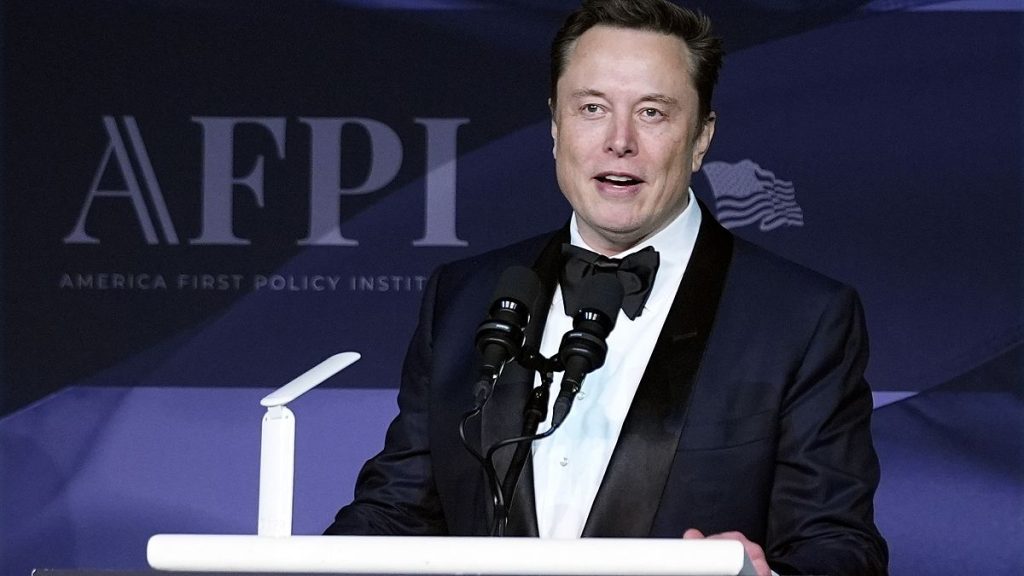The European Commission is scrutinizing a planned live conversation on X (formerly Twitter) between Elon Musk and Alice Weidel, leader of the far-right Alternative for Germany (AfD) party, for potential violations of the EU’s Digital Services Act (DSA). This investigation is part of a broader probe launched in December 2023 into X’s compliance with the DSA, focusing on concerns related to civic discourse and potential manipulation. The upcoming interview, scheduled for January 9th, has raised red flags due to Musk’s recent public support for the AfD, including an op-ed published in a German newspaper just weeks before the country’s federal election. German officials have expressed concerns that Musk’s actions constitute an attempt to influence the election outcome. The Commission will assess whether X’s facilitation of this conversation adheres to the DSA’s stipulations, particularly regarding the platform’s obligation to mitigate risks associated with disinformation.
While the DSA does not prohibit platforms from hosting live streams or expressing personal opinions, it mandates that platforms operate within legal boundaries and thoroughly assess potential risks. The Commission spokesperson emphasized that their investigation will focus on determining whether X has fulfilled these obligations. Furthermore, the Commission, in collaboration with the German Digital Services Coordinator and various Very Large Online Platforms (VLOPs), including X, will convene a roundtable on January 24th to discuss and address potential risks related to the German federal election. This proactive approach aims to ensure a fair and transparent electoral process, safeguarding against undue influence and manipulation through online platforms.
The current scrutiny echoes a previous clash between Musk and the EU. In August 2023, then-EU Internal Market Chief Thierry Breton urged Musk to comply with the DSA just hours before Musk hosted a live interview with then-US Republican candidate Donald Trump on X. This prior incident highlighted the Commission’s commitment to enforcing the DSA and holding online platforms accountable for their role in shaping public discourse. Musk’s substantial financial contribution to Trump’s re-election campaign, coupled with his anticipated advisory role in the forthcoming Trump administration, adds another layer of complexity to the current situation. The intersection of political endorsements, financial contributions, and platform ownership raises concerns about potential bias and undue influence on political processes.
Thierry Breton, although no longer within the Commission, has publicly voiced his concerns about the Musk-Weidel interview on X. He argues that the platform provides Weidel with an unfair competitive advantage over her rivals, highlighting the potential for DSA violations. Breton’s statement reinforces the ongoing debate about the responsibility of online platforms in ensuring a level playing field during elections and preventing the amplification of potentially harmful narratives. The fact that Breton has chosen to address Musk directly on X further underscores the public and political significance of this issue.
The Commission’s investigation into X’s compliance with the DSA, particularly in the context of the upcoming Musk-Weidel interview, has significant implications for the future of online platform regulation. The outcome of this probe could set a precedent for how the DSA is enforced and how platforms are held accountable for their role in shaping political discourse. It highlights the ongoing tension between freedom of expression and the need to mitigate risks associated with disinformation and potential manipulation. The DSA, which came into effect in August 2023, aims to strike a balance between these competing interests by providing a framework for regulating online content and holding platforms accountable for their actions.
The unfolding situation involving X, Musk, Weidel, and the European Commission underscores the complexities of regulating online platforms in the digital age. The DSA represents a significant step towards addressing these challenges, but its effectiveness hinges on robust enforcement and a willingness on the part of platforms to comply with its provisions. The Commission’s proactive approach, including the ongoing investigation and the planned roundtable discussion, signals a commitment to upholding the principles of the DSA and ensuring a fair and transparent online environment, especially during critical periods like elections. The outcome of this investigation will undoubtedly shape the future of platform regulation and the ongoing debate about the role of technology in democratic processes.














